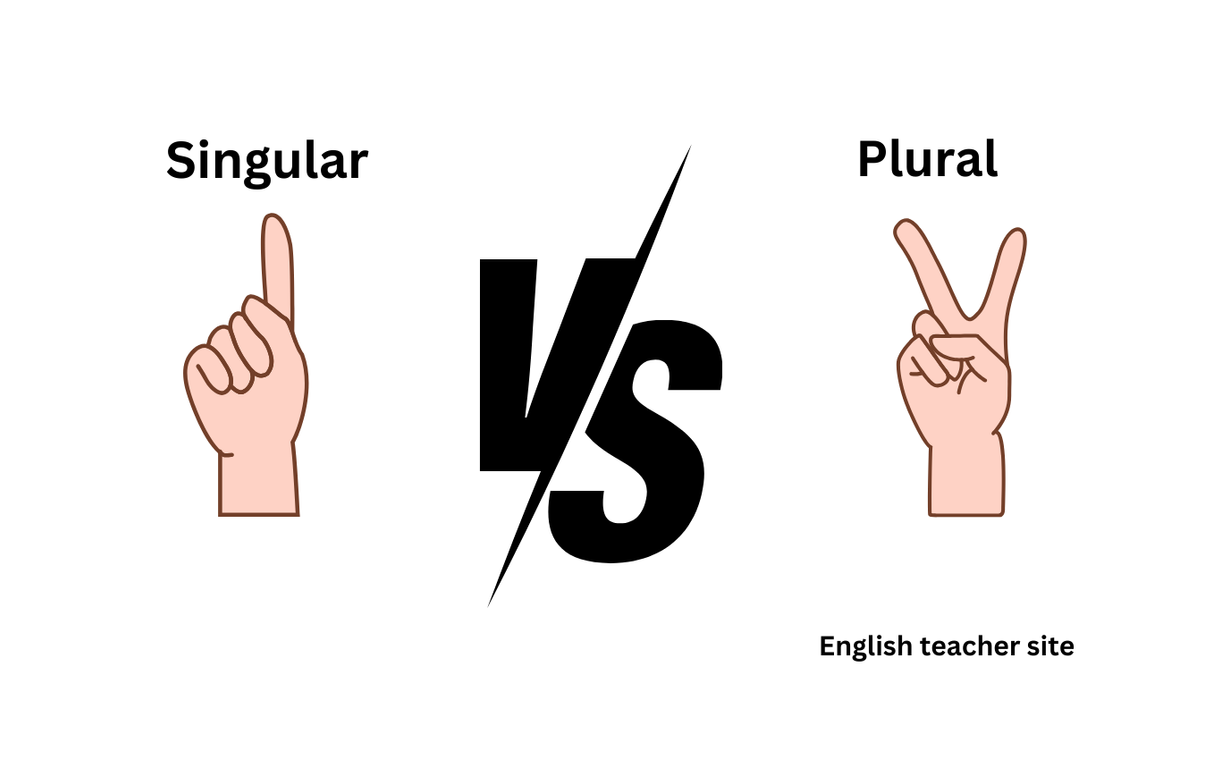Is Data Singular or Plural? Understanding Its Correct Usage

- “Data” originates as the plural of the Latin “datum,” but is commonly used as a singular mass noun.
- In scientific and academic writing, “data” is typically used as a plural noun to emphasize the multiplicity of data points.
- General usage tends towards singular construction, treating “data” as a collective term for information.
The distinction between singular and plural use of “data” is not merely a grammatical curiosity but also reflects different perspectives on how information is collected and analyzed. In scientific and academic contexts, where precision is paramount, “data” are frequently treated as plural, with the focus on the individual pieces of information. Conversely, in general usage and conversation, it is common to use “data” in the singular, as it often refers to a collective body of knowledge or a dataset.
Understanding Data: A Linguistic Overview
In exploring the word “data,” one delves into a subject rich with linguistic evolution and debate, particularly in its number agreement as either singular or plural in contemporary usage.
Definitions and Origins
Data originates from the Latin word “datum,” meaning “something given.” Originally, “datum” serves as the singular form with “data” as its plural counterpart. The noun “data” has been incorporated into the English language, as well as numerous other languages, preserving its Latin roots.
Singular vs. Plural Usage
The usage of “data” as singular or plural has evolved over time. In academic and scientific communities, “data” is typically treated as a plural noun, e.g., “The data were analyzed.” In everyday language, “data” is often construed as a singular mass noun, e.g., “The data is available.”
Examples of data in sentences:
- Plural: “The data from the study are compelling and suggest a new hypothesis.”
- Singular: “The latest data suggests that the market is recovering.”
In both instances, “data” communicates quantitative or qualitative information collected for reference or analysis.
Perspectives on Language Precision
Precision in language reflects the meticulous and thoughtful choice of words to convey information accurately. The use of “data” as singular or plural is a fine example where precision is paramount, eliciting varied standpoints from linguists to style guides.
Debate Among Linguists and Academics
Linguists and academics often engage in rigorous debate over the correct usage of ‘data’. In some scholarly fields, a strict adherence to traditional grammar rules persists, with ‘data’ treated as plural, harking back to its Latin origin where ‘datum’ is the singular form and ‘data’ is the plural. This is particularly true in scientific and technical disciplines, where precision and clarity are highly valued. However, bias and resistance to change can sometimes label those enforcing traditional rules as pedants, especially when common usage has evolved.
Influence of Style and Context
The decision to treat ‘data’ as singular or plural can also be influenced by style and context. Modern style guides and dictionaries have gradually accepted ‘data’ as a singular collective noun, similar to ‘information’. Analysts and writers in fields such as journalism or business may prefer the singular form for its readability and modern feel, distancing from what some consider an outdated plural form. The context, whether formal or informal, alongside the intended audience, further steer the choice regarding the term’s number agreement.
Source
The word data is most often used as a singular mass noun in educated everyday usage. Source
The Data Behind Data: Is It Singular or Plural? Source
My name is Khamis Maiouf. I am the creator of the English Teacher Site, dedicated to providing valuable resources and insights for students around the world. With a passion for education and a commitment to helping students enhance their skills, I aim to make English teaching more effective and enjoyable for both educators and students.






